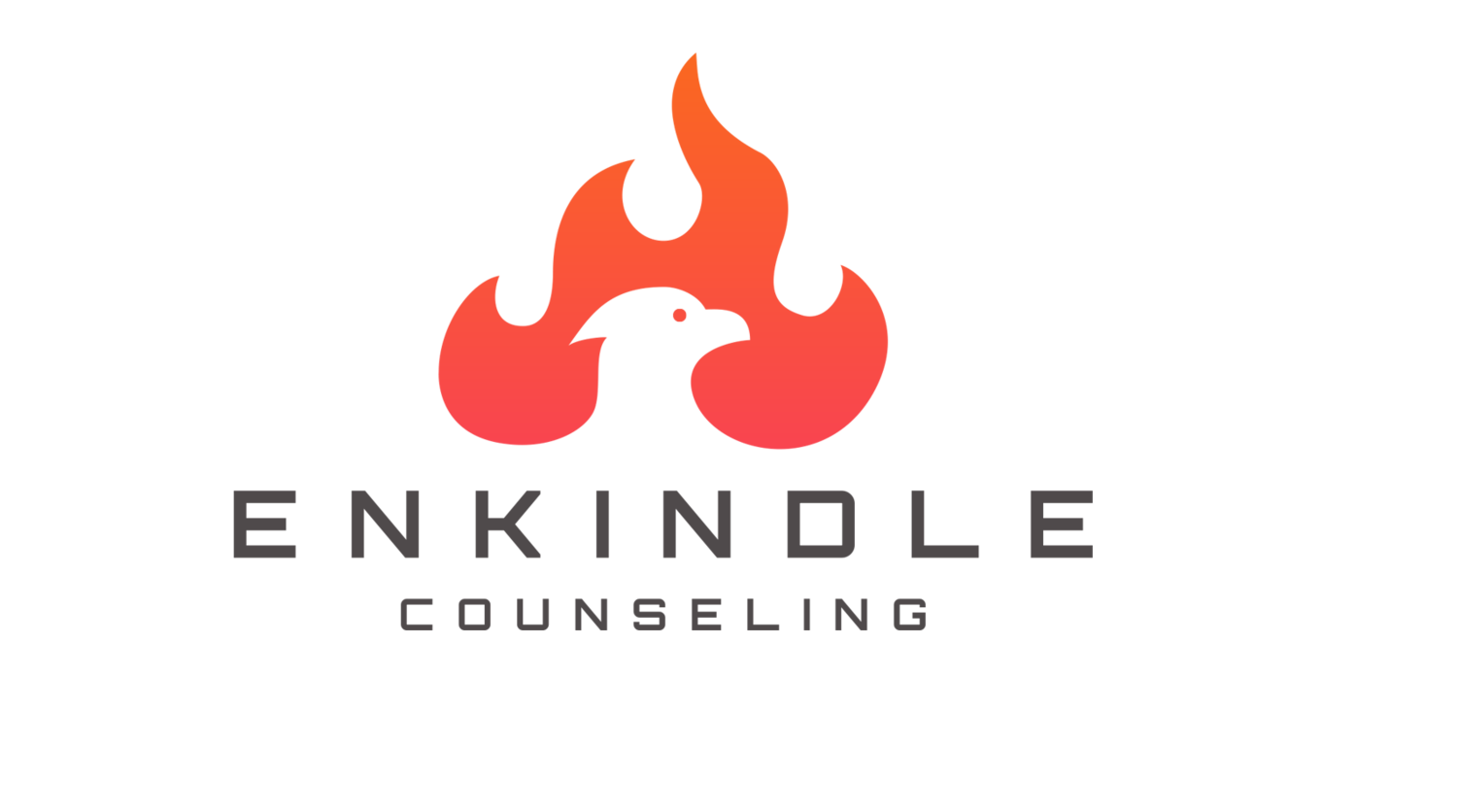Where Mental Health and Social Justice Meet
Let’s get something out of the way: therapy isn’t neutral. And it never has been.
Mental health doesn’t exist in a vacuum. It lives in our bodies, our families, our neighborhoods, and yes, our histories. It’s shaped by systems and power, by what we’ve been told we can feel, who we’re allowed to be, and what we’ve been taught to believe about ourselves and each other. That’s why, if we’re talking about true healing, we must speak about justice.
As a therapist, I hold space for people’s inner worlds—grief, anxiety, trauma, identity, joy. But I also know those feelings don’t just come from “within.” They come from living in systems that are often unequal, violent, and dismissive. Therapy that ignores racism, sexism, fatphobia, ableism, homophobia, transphobia, or colonialism isn’t just missing the point; it can actually cause harm.
Social justice isn’t an “add-on” to mental health. It is mental health.
When we talk about trauma, we often think about the big, obvious things. But trauma can also be slow and quiet. It can come from being told your body is too much. Or not enough. It can come from being made invisible, from generations of displacement, from fearing for your safety just for existing. That’s why I draw from practices like somatic experiencing, not just to help folks “feel better,” but to help people reconnect with their bodies in a world that often tells them to disconnect to survive.
Somatic work asks: Where do you feel that in your body? And also: Whose voice is that in your head? Is that your truth, or a message you inherited from systems trying to keep you small?
Antiracist, queer, feminist, and decolonizing approaches remind us that healing isn’t just individual, it’s collective. You can do all the inner work in the world, but if systems outside of you are still harming you, it’s going to be hard to feel whole. Therapy, then, becomes not just a place to “fix” yourself (because, let’s be honest, you’re not broken), but a place to unlearn shame, reconnect with dignity, and imagine something more liberating.
This is why therapy is political. Not in the sense of telling people what to believe, but in the sense of recognizing that everything we feel, do, and hope for is impacted by the world we live in. Who gets access to care? Who gets to rest? Who gets to be seen and believed? These are all mental health questions, and they’re all justice questions, too.
When we center social justice in therapy, we stop asking people to “adjust” to unjust conditions. Instead, we ask: What would safety and liberation look like for you? What would it feel like to belong, not just in your own body, but in your community?
It also means we stop pathologizing people for normal responses to abnormal situations. If someone is anxious because their rent is unaffordable, their workplace is unsafe, or their identity is under attack, that’s not dysfunction, that’s awareness. And that awareness can be powerful. It can lead to action. It can lead to healing that doesn’t just help one person survive, but ripples outward into families, communities, and movements.
So yes, therapy is a space for personal growth. But it can also be a space for imagining new ways of being together, more just, more compassionate, more alive. Healing doesn’t mean becoming more “resilient” to oppressive systems. Healing means building a world where we don’t have to be so resilient in the first place.
You deserve care that sees you, honors your story, and believes in your liberation. We all do. Mental health and justice are not separate paths—they meet right where we are, in the heart of our humanity.
